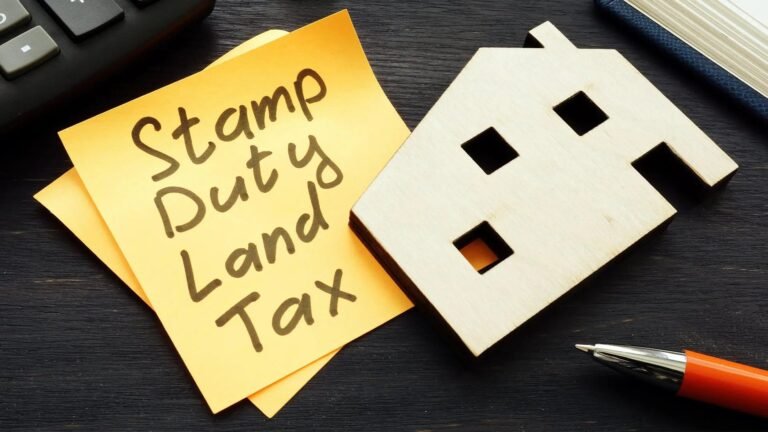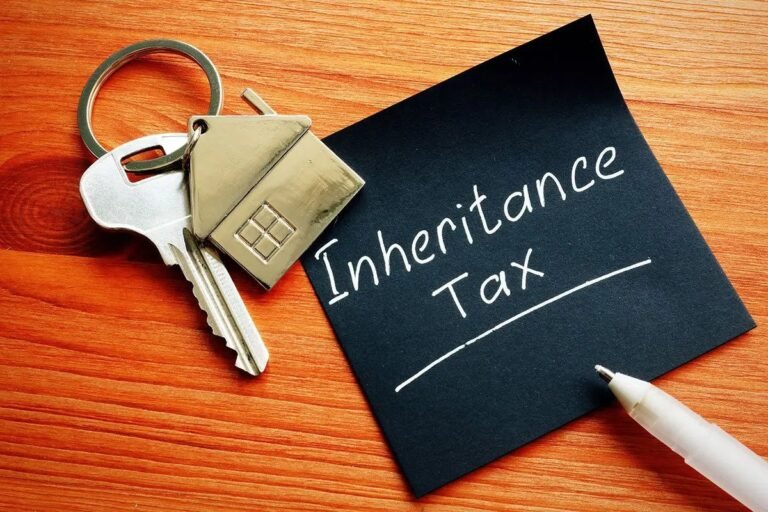In 2015 Summer Budget (Section 24 of Finance Act 2015), the Government announced proposals to restrict the tax relief available to landlords in respect of interest and other finance costs.
Millions of individual landlords across the UK will lose out from this change in the tax rules on interest relief restriction. The government expects to collect additional revenue of £665 million in tax from this new provision in fiscal year 2020/21.
Although this new provision has such an enormous impact on the landlords’ tax situation, a survey published Tenant Referencing UK in Mar-17 shows 70% of landlords are unaware of this!
In this article, I am going to explain in detail what these provisions on interest relief restrictions are and how this is going to affect you with some worked examples.
What Exactly is the Change in Interest Relief?
Until tax year 2016/17, an individual residential landlord pay tax on net rental profits.
The net rental profit is calculated after deducting all the allowable property expenses and mortgage interest from the gross rent.
So, if you have rental income of £10,000, estate agent fees & other allowable expenses of £1,000 and mortgage interest of £7,000, your net rental profits will be £2,000, and you pay tax on this. Assuming you are higher rate tax payer, your income tax liability will be £800 (40% of the net rental profit of £2,000).
However, because of interest rate relief restriction that is gradually coming into from tax year 2016/17 and will be fully phased in from tax year 2020/21, you will not be allowed to deduct mortgage interest as an expense! Rather, you will be given tax credit at 20% from your tax liability.
In above example, your net rental profits will be £9,000 (as mortgage interest is not allowed as a deduction). So, the tax liability at 40% will be £3,600 before credit on mortgage interest.
You will get a tax credit for mortgage interest of £1,400 (20% of mortgage interest of £7,000). So, your net tax liability will be £2,200, a whopping 175% increase the tax liability!

You can see your tax bill £2,200 while your net rental income after interest is only £2,000. So, you will be making the loss of £200 after tax! The effective tax rate on net rental profits is 110%.
In some cases, the effective tax rate is even 220%. Welcome to new world of interest relief restriction! Ironically, government’s intention is to make the tax system fairer.
Whom the Section 24 ( Mortgage Interest Relief Restrictions) Apply?
The restriction applies to:
- Individual Landlords: UK resident individual landlords who let residential properties in the UK or overseas
- Partnerships: Partnerships (including LLPs) who let such properties
- Trustee or Beneficiary: Trustee or beneficiary of trusts liable for Income Tax on the property profits
As the restriction does not apply to the limited company, you can avoid this restriction by acquiring property via a limited company. However, there are specific issues to consider in the case of a limited company which you need to discuss with a property tax specialist.
To know more about how to avoid section 24 read our article “Should I Incorporate to Avoid Section 24” for more details.
Whom the Restriction Does not Apply?
Some lucky landlords escape these dreadful restrictions on interest relief. The restrictions will not apply to:
- Landlords renting out non-residential property
- Companies (including non-UK resident companies)
- Landlords of furnished holiday letting businesses
- Landlords without any finance costs
- Property developers or dealers
- Property management business
Also, the interest relief restriction will not have any effect on the landlords with residential properties whose total of rental profits before deducting interest plus income from other sources do not exceed basic rate threshold which is £45,000 for tax year 2017/18.
Read our article on “Transferring Your Property to Spouse as Solution to Section 24” for more In-depth insights to avoid section 24.
Timeline on Section 24 ( Mortgage Interest Relief Restriction)
The new legislation will progressively disallow landlords’ finance costs starting from 6 April 2017 as follows:
| Tax Year 2017/18 | 27% |
| Tax Year 2018/19 | 50% |
| Tax Year 2019/20 | 75% |
| Tax Year 2020/21 | 100% |
Continuing with the earlier example of higher rate tax payer with gross annual rent of £10,000 and annual net rent before the interest of £9,000 with an annual interest cost of £7,000.
The interest relief restriction will be phased in as shown in the table below:

You can see your tax bill £2,200 while your net rental income after interest is only £2,000. So, you will be making the loss of £200 after tax! The effective tax rate on net rental profits is 110%.
In some cases, the effective tax rate is even 220%. Welcome to new world of interest relief restriction! Ironically, government’s intention is to make the tax system fairer.
Thinking Ahead – What Happens When Interest Rate Rises?
Fortunately, we are in the low-interest environment since many years. However, economists expect that the interest rate will increase in future.
The increase in interest rates together with these dreadful changes in interest rate relief will be a double whammy to a lot of landlords.
For example,
Mr Wang is a higher rate tax payer and has a current net rental income of £50,000 before finance costs and interest of £30,000. He is currently on interest only mortgage with interest rate of 2.75% plus base rate. As the Bank of England base rate is 0.25%, his interest rate is 3%.
If the Bank of England base rate increased to 1.25% in tax year 2020/21, his interest rate would be 4%, and his annual interest will be £40,000.
His tax liability on rental profits after taking into account of the interest relief restriction will be £12,000. Although his net rental profit before tax is £10,000, he will make the loss of £2,000 per annum after tax as shown below!

In this case, the tax is more than the rental profits! Not sure how this can be fair to landlords as claimed by the government. If you are such landlords, you need to consult an accountant or tax advisor as soon as possible to explore options available.









